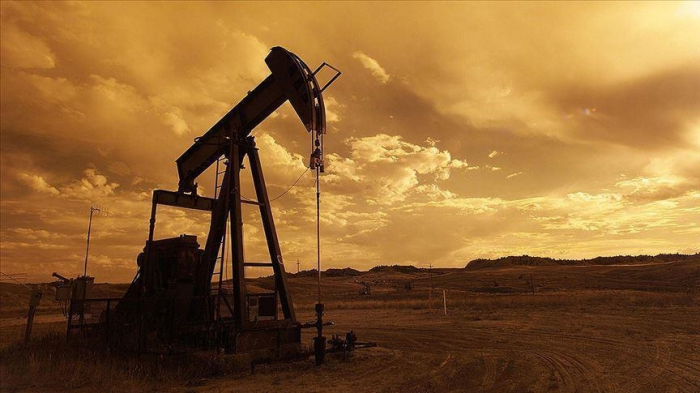Brent crude futures fell 27 cents, or 0.3%, to $92.87 a barrel by 0416 GMT after settling down 3% on Monday. U.S. West Texas Intermediate crude was at $85.37 a barrel, down 50 cents, or 0.6%, after tumbling 3.5% in the previous session.
While investors cheered China's announcements last week that it would lessen the impact of a strict zero-COVID policy to spur economic activity and energy demand, analysts said lockdowns and surging case numbers continue to be a key downside risk.
"Rolling lockdowns across heavily populated areas in China penalize mobility and oil demand even more than economic activity," said Stephen Innes, managing partner at SPI Asset Management, in a note.
This comes after the International Monetary Fund said on Sunday the global economic outlook has become gloomier than projected last month, citing a steady worsening in purchasing manager surveys in recent months.
"The market is currently defying looming supply risks, despite expectations that the latest demand downgrade could be supply-negative for OPEC oil output," analysts from ANZ Research said in a note.
U.S. crude oil stocks were expected to have dropped by about 300,000 barrels in the week to Nov. 11, a preliminary Reuters poll showed on Monday.
Elsewhere, oil output in the Permian Basin is set to hit another record of 5.499 million barrels per day (bpd) in December, the U.S. Energy Information Administration (EIA) said in its monthly productivity report on Monday.
However, aging shale regions are showing weaker per-well output, causing overall U.S. crude oil production in shale regions to rise by a mere 91,000 bpd to 9.191 million bpd in December, despite a surge in prices, the EIA said.
More about:
















































